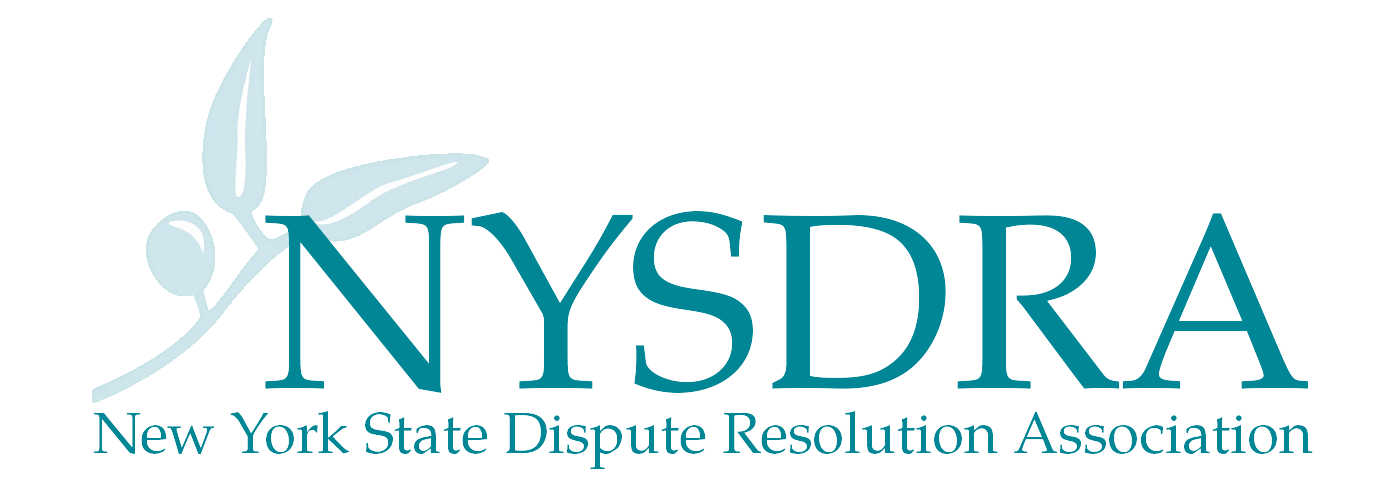Intuition: What is the Role of Intuition in Dispute Resolution?
Intuition: What is the Role of Intuition in Dispute Resolution?
Posted By Shari Greenleaf, Special Education Program Coordinator, Thursday, November 30, 2017
Intuition is defined as “the ability to understand something instinctively, without the need for conscious reasoning” in the Oxford Living Dictionaries.[i] Thus, intuition is knowing but is distinguished from knowing based upon conscious thought.
Anyone serving as a mediator, arbitrator or other roles in dispute resolution practice uses their intuition as a part of their practice. As practitioners, we should consider how we use our intuition during dispute resolution sessions and how we might strengthen our intuition.
How We Use Intuition
Intuition is used frequently as we engage in dispute resolution. Sometimes we combine our cognitive observations with our unconscious knowing. Arbitrators use intuition to supplement observation to determine whether a witness is credible or “believable.” Mediators observe how a party is acting (body language, eye contact, etc.) and then uses intuition to gauge the emotions that person is expressing.
Intuition also guides dispute resolution practitioners when we make decisions about how long to hold silence in a session, when a caucus is needed, when to explore underlying issues expressed by the parties, and many other pivot points during sessions. We are diligently focused on the parties during dispute resolution sessions; with so much of our conscious thinking consumed by being present with the parties, it is no wonder that our intuition is active!
How We Strengthen Intuition
Our intuition is not static. We can take action to strengthen our intuitive capabilities, for use in both our everyday life as well as for dispute resolution. Try one of the following to strengthen your intuition:
1. Quiet your mind. Engage in meditation, take a head-clearing walk or sit quietly with your eyes closed. Be aware of what happens during and after these opportunities to open your unconscious up to intuition.
2. People watch. Spend some time at a shopping mall, train station, library or other location just watching people. What you can tell about relationships when you see people together? Do you think a person is sad or tired or preoccupied? Can you make predictions about what a person might do next?
3. Be aware of your daily moments of inspiration. We all experience “flashes” of inspiration or clarifying instincts out of the blue. When that happens to you, take inventory of where this happens for you and when. Are you more intuitive when you are very busy and consumed or when you take a breather? What is your energy level and emotions when it happens? What triggered the flash of instinctive knowing (words, a visual cue, etc.)? Use these insights to see if you can replicate these opportunities for intuitive thinking.
4. Explore artwork. Look at a photograph, painting, sculpture or other piece of art and be aware of your initial, visceral reaction. What are your initial responses to the artwork and does it change if you continue to examine the piece? What thoughts or emotions are triggered in you by looking at the object?
Befriend your intuition!
Consider your intuition and how it manifests you as you engage in dispute resolution. Although intuition is an instinctive and unconscious knowing, we can become more consciously aware of our intuitive abilities and ensure it supports our dispute resolution practice.
